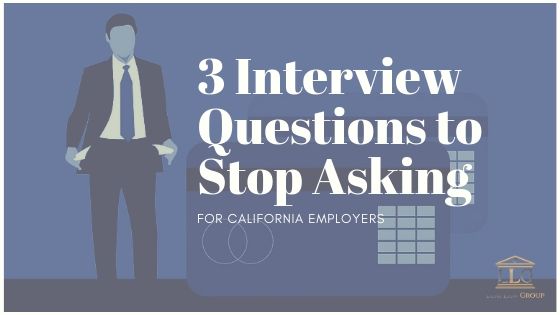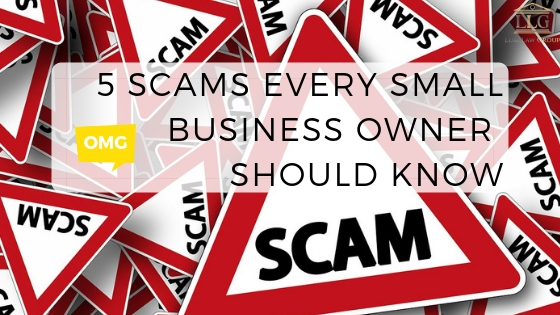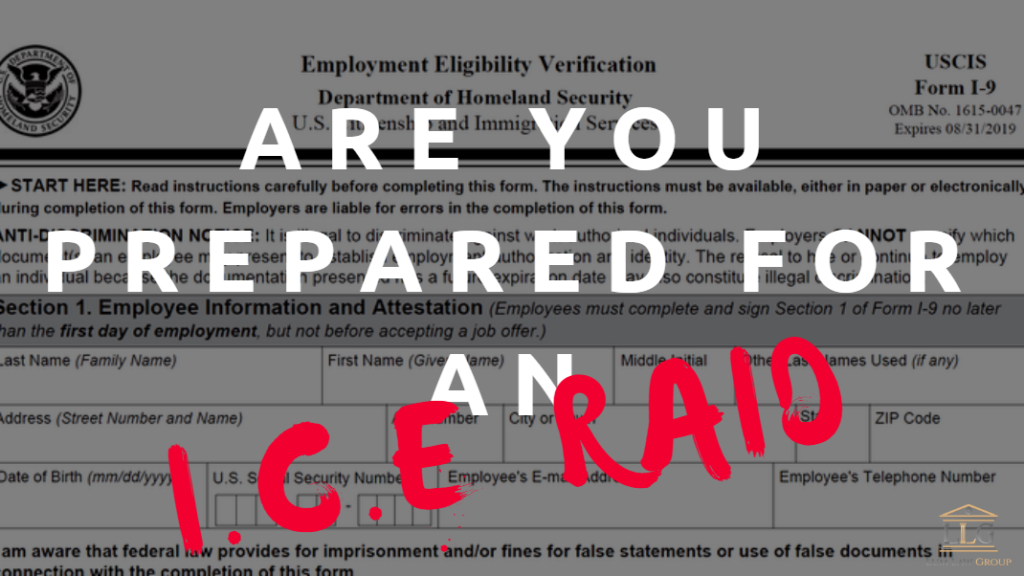4 Ways to Scrape Up Extra Funding for Your Business

Searching for additional funding for your business can feel like a business within itself. With so much information available, it can be overwhelmingly time-consuming to comb through it all to figure out which sources are credible and worth your time. Read on to learn four ways you can find extra funding for your business. 1. […]
4 Assets That Can Help You Scale Your Startup

Just because you have a small-scale business operation doesn’t mean you have to forego a professional look and feel. In fact, securing a professional appearance is essential to the successes of all small businesses. Consider using these four assets to help your small business project a confident and high-level demeanor. A Professional Phone Number Voice […]
Which Comes First? State Registration or Federal ID Number?

Did you ever wonder which came first, the chicken or the egg? Similarly, you may have wondered if you should be filing your company with the State or with the Federal Government first? Or perhaps they’re just one and the same? They are not. There is an order which you should follow, but consultants offering […]
California Business Owners: Stop Asking These Interview Questions!

If you’re a small business owner who isn’t accustomed to hiring, you’re probably unaware that many of the common interview questions from “back in the day” are now illegal to ask in California. We’ve divided this article into two sections: the three questions you need to stop asking now, and the three questions you should’ve […]
4 Characteristics of Wildly Successful Startups

If you’ve studied successful startups, you might think that what makes a startup take off or remain permanently grounded is just luck–or a fluke. While all startups are unique, and there’s no guaranteeing that one will be a success, there are certain characteristics of startups that help them succeed better. Here we list the characteristics […]
Is Your Passion a Side Hustle aka Business or Just A Hobby?

While the term “side hustle” has become the new description for “gig” or “moonlighting” for professionals who try to earn an income on the side, the term itself does not mean it’s a business. Why does it matter if it’s a business or not? Why does it matter if your cupcake blog, youtube vlog, or […]
Scheduling a Meeting for Your Startup? 3 Locations to Consider

Startups already have it tough without having to worry about where to meet–those coffee house meetings get expensive after a while. Entrepreneurs have enough on their plate, between gathering financial resources and pitching projects, to have to worry about what address to send people for the next meeting. If you have a startup, you understand […]
3 Things You Can Do to Make Interviewing Job Candidates Easier

While startup founders are well-known for their skills in selling their business, they’re also known for being smart about hiring. Small business owners, especially long-term owners or new entrepreneurs, may not be as hiring savvy. If you’re new to the hiring process, here’s a few strategies you can employ for a more successful interview. Prepare […]
How Can I Lock In My Business Name So That No One Else Can Use It?

A “Mompreneur”, a mom who is also an entrepreneur, recently asked how she can lock in her business name so that no one else can use it. She is in the early stages of starting her business and isn’t ready to have a sign on the door or even a website. She had many, many […]
5 Things to Consider When Deciding Between Renting a Co-working Space and a Traditional Office Space

We at Lum Law Group know many who have ventured into the modern world and signed up for the modern working space. Instead of hiring an agent to find a traditional office space, negotiating a one to five year long lease, and waiting months to move in, a co-working space can start you in their […]
Top 3 Differences between a Sole Proprietor and a Single-Member Limited Liability Company (LLC)

If you’re a one-man (or woman) business, you might wonder whether you should continue operating as a “sole proprietor”, or register as a single-member Limited Liability Company (LLC). Since both business entity types are for a single owner, we will cover the top three items you should consider in deciding between sole proprietorship and single-member […]
Small Business Owner: Avoid These 5 Common Scams

At the end of the year, many small businesses take stock and plan how to do better in the next year– much like how individuals check their bank accounts and step on their scales to see how they can improve those numbers come January 2019. The desire to improve is commendable. Yet, where large companies […]
Employers! Are you prepared for an ICE raid or I-9 Compliance Audit?

Since the beginning of the year, we’ve seen an increase in ICE employment site raids. Many attorneys discuss what to do when ICE knocks on your door–discussing your rights and responsibility of compliance, but here we’ll be advising the employer. If you’re small business owner, franchisee, or anyone who employs another person, this is for […]
How to Protect Your Business From Common Lawsuits

As an entrepreneur, it’s your responsibility to make sure that the business runs smoothly and is not affected by anything. One thing that can greatly harm your business is a lawsuit for tort liability. To avoid being a victim, here are five ways to protect your business from common lawsuits: 1. Monitor Your Actions and […]
5 Things Startups Need to Know About OSHA

Every business should be concerned about employee safety, whether you are part of a large organization or a fairly small one, including startups. And even offices have occupational hazards, so don’t be lulled into thinking that only jobs involving physical labor need to be aware of OSHA regulations. If you’re part of a business, then […]
5 Game-Changing Business Tips for Entrepreneurial Immigrants

In the U.S., you have already seen plenty of active businesses everywhere. What you may not notice is that many companies fail and are replaced on a regular basis. Entrepreneurial immigrants frequently do very, very well in business-friendly locations, but they aren’t immune to harsh market forces either. Here are five essential tips for immigrants […]
How to Improve Focus and Superpower Your Startup

If you have a startup, then you know how much work it takes to make it successful. With so much competition today, you need to have strong strategies at work to win and compete. Focus is key in this adventure to grow your company. Here are some tips to stay on top of your game: […]
Small Business Owners: Trademark Your Brand and Grow Your Business

Our intellectual property attorney, A. Justin Lum, was interviewed by Steve Thompson, writer of 245 Days to Go, a blog for small business and startup entrepreneurs and Contented Writing. One of the biggest issues for a startup business is protecting your ideas. Every startup is built on the solid foundation of an idea and the […]

